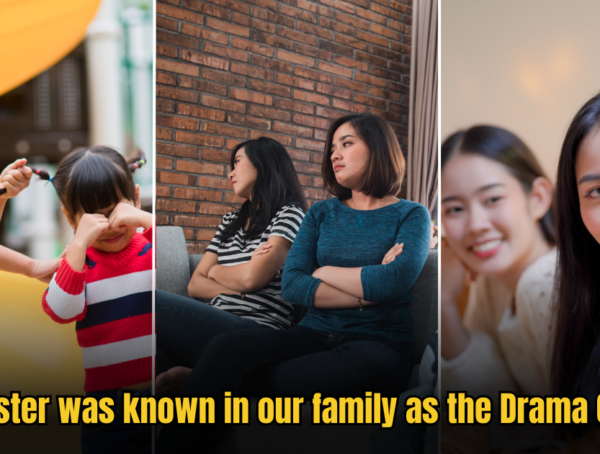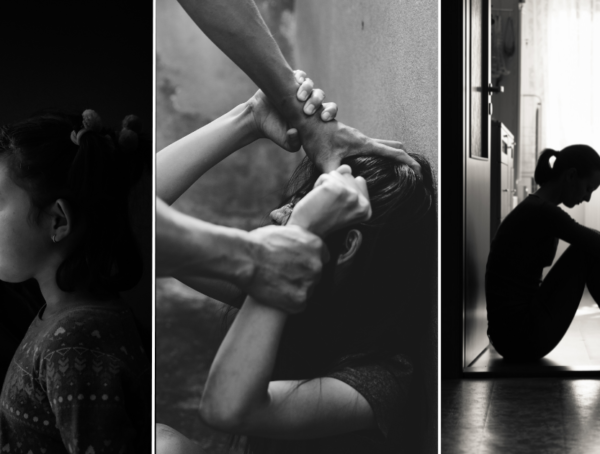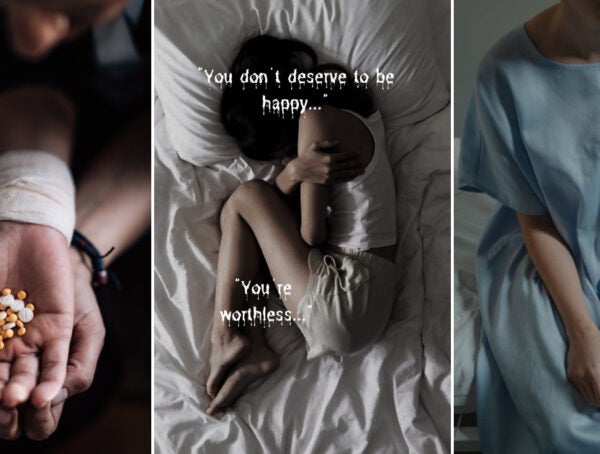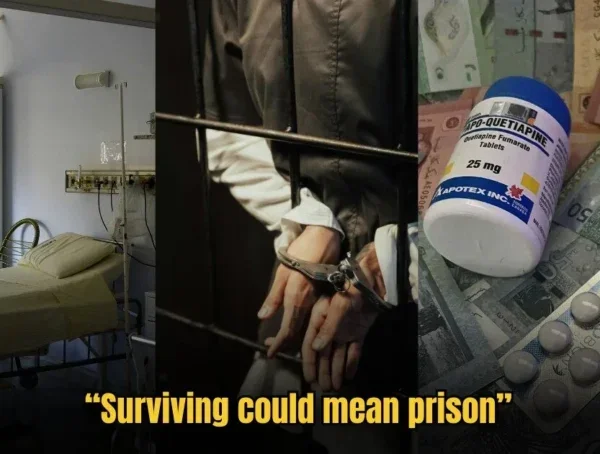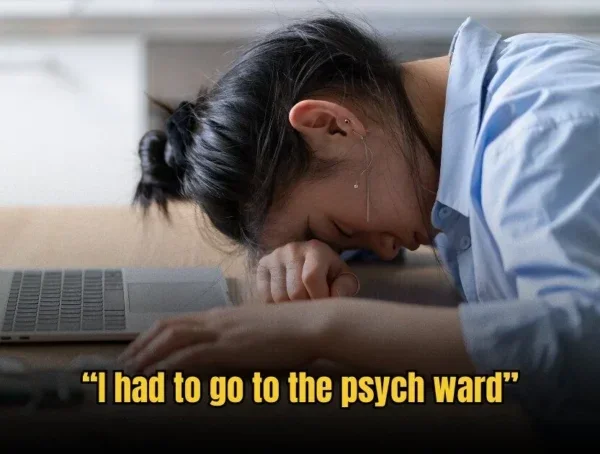Depression is a serious mental health issue that can go unnoticed, and untreated for years. It affects 1 in 5 adults. Unfortunately, depression sufferers battle a negative perception in Malaysia.
Many people with depression don’t want to share that fact with others — they don’t want to become a “burden” to those around them.
They don’t want to be given that knowing, pitying look. Most would rather resign or die before they admit publicly that depression is a part of their lives.
Because of this tendency to hide their suffering, help doesn’t come until it’s too late — and someone has taken their own life.
 If you are reading this, I hope that you are trying to understand and support someone going through this. That, or you can relate in a very intimate fashion.
If you are reading this, I hope that you are trying to understand and support someone going through this. That, or you can relate in a very intimate fashion.
Here are 5 hidden signs of someone who has depression:
1. Sleeping too much
People with depression tend to have two sleeping patterns: “I Sleep For Days” or “Sleep Is For The Weak”.
Depression can be paralyzing. The negativity in the head just overwhelms the motivation to do anything at all. Worse yet, they know it but cannot muster up the strength to do anything about it.
For people with depression, there are days where this state of paralyzed helplessness makes them want to do nothing but sleep to escape that very feeling…and pray that tomorrow will somehow be different.
These individuals don’t want to face the pain of the outside world. They cancel plans. Live off GrabFood and FoodPanda. And refuse to see anyone.
If you do see them, expect a monosyllabic sluggish zombie that is slow on the uptake and reaction to everything to be the norm. Not the exception.
Is your friend or family member becoming more listless, lethargic, and sleepy? Are they giving monosyllabic answers to you? They may be going through depression.
2. Sleeping too little
On the other hand, some just refuse to sleep or simply cannot sleep.
Their brains will not shut down and they can’t stop analyzing the good, bad, ugly and beyond their control. Everything is processed and reprocessed until it becomes the worst-case scenario.
This loop keeps going until their body runs out of energy and finally crashes. Only then, can they have the rest that they crave for.
The signs of someone who is going through this manic phase includes lack of concentration, forgetting things easily, being restless and irritated, and low mood.

[source: insomnia wasn’t the only thing effie stonem was going through in this episode of skins]
3. Irregular Eating Habits
Sufferers of depression tend to start displaying strange and irregular eating habits.
It varies greatly between individuals. Some eat more, some eat next to nothing.
There are those who will devour an entire buffet line and those that suddenly seem to exist on photosynthesis.
Food cravings will appear and disappear on a whimsy.
Food is a way to ease the pain. Caffeine and sugar can perk them up, and combined with their medications, helps pull them out of the darkness of their depression.
When somebody suddenly starts sugar loading their coffee or goes after the dessert trolley. It’s the change from the norm that indicates something is up.

[source: helpguide]
Not eating is a form of self-control — they may not be able to control their depression, but they can control what they eat.
If you notice your friend getting thinner, not joining you for lunches or dinner, saying they’re ‘not hungry’ or they’ve “already eaten” — they might have depression.
4. Professional “cover stories”
People battling depression are able to come up with elaborate but believable excuses for their mistakes and behavior, all in the name of hiding what they are going through.
From skipping appointments, not returning calls, and missing something or anything, they have learned to deflect or redirect the conversation away from their pain and hurt.
Part of those cover stories is being able to fake a mood and a smile, coming off normal and happy to the outside world while they continue their inner struggle because they don’t want to “bring others down.”
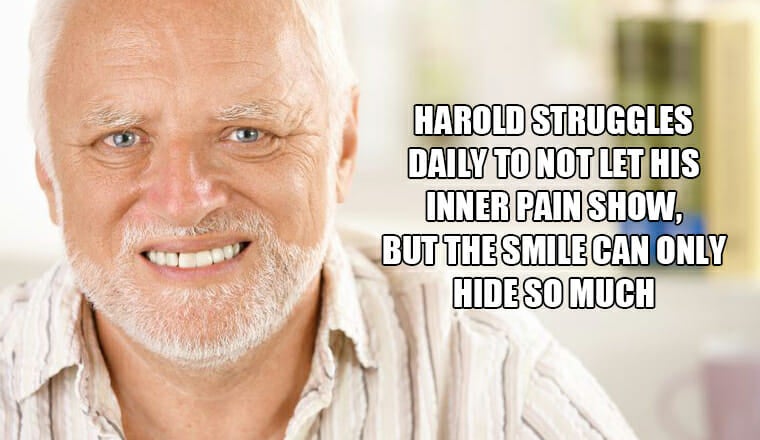
[source: hide the pain harold]
To look beyond the facade, you have to notice things like missed appointments, missed calls, or changing the subject whenever their personal lives are brought up.
Understandably, you can only know this if you’re close to the person, or living with them.
Otherwise, you may simply have a gut feeling that there’s something a little ‘off’ about your friend – which you may have to confirm by asking them point-blank.
5. A greater sense of empathy
A celebrity dies, and it comes out that they suffered from depression. Maybe it was the cause, maybe it had nothing to do with it.
Regardless, that depth of emotional pain was ironically a source of inner strength. It was what made their art, their performance that more evocative, moving and powerful.
Not everyone is a Robin Willians or Anthony Bourdain. But all suffer the curse of depression in a similar way:
They have a depth of emotions that they feel more acutely than the rest of us.
The positive emotions are fleeting and the negative emotions strike incredibly hard. Feelings of guilt, worthlessness, pessimism and hopelessness are a constant companion.

The persistence of these negative emotions sucks the joy out of the greatest life has to offer, and leaves them feeling empty.
Yet, it does mean they are more empathetic to the suffering of others, more than those uncaring people who only shrug in response.
Your friend might be the only one that will sit with you, commiserate over your misfortune and they will NOT tell you “ hang in there” or that “things will get better.”
These people know what you feel so intimately, they let you experience it, and learn from what you feel (albeit painfully) because they KNOW it will pass. They know because they live it. Every day.
Your quiet, unjudging support means the world to them
Those dealing with depression become ruled by specific patterns of behavior like the ones mentioned above. The pattern becomes a coping mechanism.
From the outside, try to understand: There is no dishonesty in their choice to hide their Depression.
People with depression are just working to protect their hearts while fighting a war in their head every waking moment of the day.
Even if you see the signs day-in-day-out for weeks at a time, be the quiet pillar of support that accepts them, as a whole, as an individual.
Accept that what they suffer from is a debilitating condition.
Your friend might disappear from the “social scene.” Don’t force them to join in. Just drop a text and offer to drop by and visit. Even if they say no, that simple text can mean the world to them.
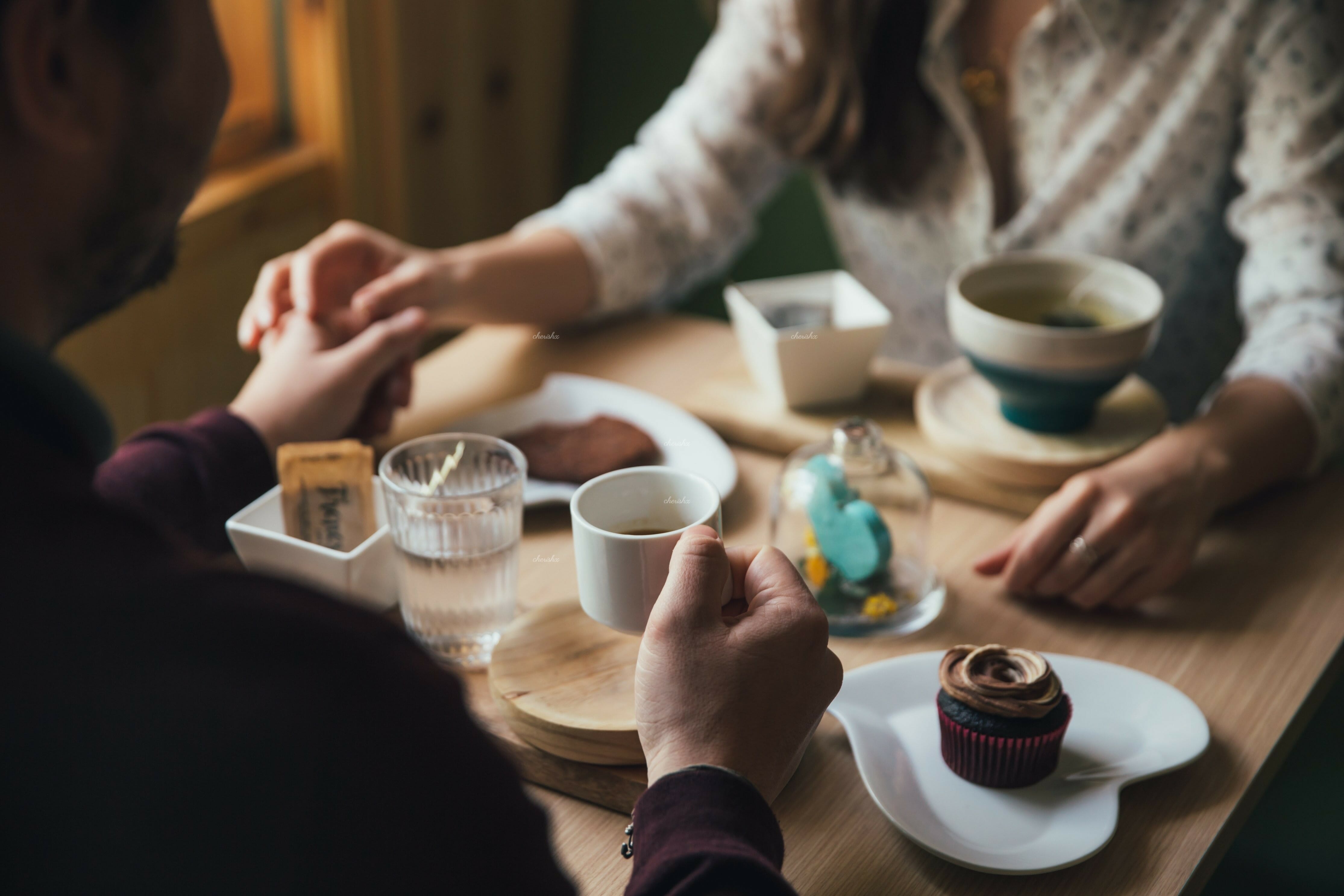
If you can meet them one on one, then do so. Don’t expect a conversation. Just enjoy the silence and let them initiate if they chose to.
Don’t confront them; just be there for them. We can’t fight their battles for them, but we can be there for them to lean on when they need it.
Given time, they will open up and confide in you about their problems.
There are many more signs of Depression than these, but they are the most noticeable over the long term.
Hopefully you’ll be able to spot them before it’s too late, and guide them towards the help they need.
After all, tragedy can strike any of us down at any given time. It’s only human to help one another in need.
For more stories about recognising depression, read: Your Mental Health: When You Know It’s Time to Get Professional Help and 5 Things People With Depression Wished Their Partners Knew.

You might also like
More from Real Mental Health
“I Was Scared of Waking Up in Handcuffs,” shares Depressed M’sian on Repealed Law
In 2023, Malaysia repealed Section 309, a colonial-era law that made suicide attempts a crime. The change marked a shift …
‘Everyone Saw A Successful Student While I Was Crumbling,’ Shares 22 Year Old Student
This is a story of a 22 year old woman who shared her story as a Straight A’s student as …
5 Harmful Mental Health Myths Malaysians Still Believe
Let’s break down five of the most common myths Malaysians still believe, and why it’s time to let them go.







